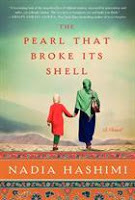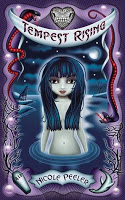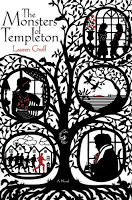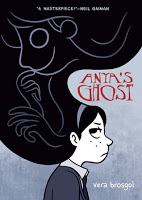I have affiliate relationships with Bookshop.org and Malaprop's Bookstore in beautiful Asheville, NC. I will earn a small commission at no additional cost to you if you purchase merchandise through links on my site. Read more on my affiliate page.
Rahima lives in a family of girls. Her father was a fighter for the local war lord in their Afghan village and he’s now addicted to opium. With custom demanding that the girls never leave the house without a male family member to escort them, they’re struggling. When Rahima’s aunt comes to visit, bearing stories of an ancestor, Shekiba, who dressed as a bacha posh and made her way through life as a boy, the answer to their problems appears. Rahima’s hair is cut and she becomes Rahim, going to school, running errands, and supporting her family as best she can.
My reading doesn’t venture outside my own culture as often as it should. When I read books like this, I always resolve to do better and then I don’t. I need these reminders of how blessed I am in my life and how difficult it is for others who didn’t happen to be born here.
Reading about Rahima’s years as a bacha posh was pretty easy. Life was better for her and her family. But afterwards… oh my gosh. Things just got worse and worse for her. But this is daily life for a lot of women in a lot of countries. How does life change for them? It always seems like change has to come from within but with this kind of oppression, how does that happen? Even that’s addressed a little bit toward the end of the book.
The secondary narrative tells of Rahima’s ancestor Shekiba. Shekiba may have had an even harder life than Rahima. She’s completely alone with only an extended family that seems to hate her for her scarred face. I usually prefer one story over another in a dual narrative like this, but I was almost relieved when the point of view switched. I needed a break from the bleakness of the character’s life I was reading about at that moment!
I wasn’t entirely happy with the ending. I felt like I had as much closure as I needed for Rahima but I would have liked to have known more about Shekiba. I really felt like her story just stopped.
I read an early copy of the book and it could have used a little more editing. I’m sure most of that will be cleaned up by the time everything is finalized. Overlooking that kind of thing, this book was an excellent first novel and I expect the author to get even better as she continues writing.
If you’re interested in stories of other cultures, I do recommend that you give this one a try. It’s emotionally difficult but an important story to be shared.
Thanks to the publisher for offering me early access to the book.
The Pearl That Broke Its Shell hits shelves today!
Find author Nadia Hashimi on her website, her blog, Facebook, and Twitter.
Buy The Pearl That Broke Its Shell at
I have an affiliate relationship with Malaprop’s, my local independent bookstore located in beautiful downtown Asheville, NC; and Better World Books. I will receive a small commission at no cost to you if you purchase books through links on my site. My opinions are completely my own.







1 Comment
It sounds like an interesting read, thanks for sharing your review!